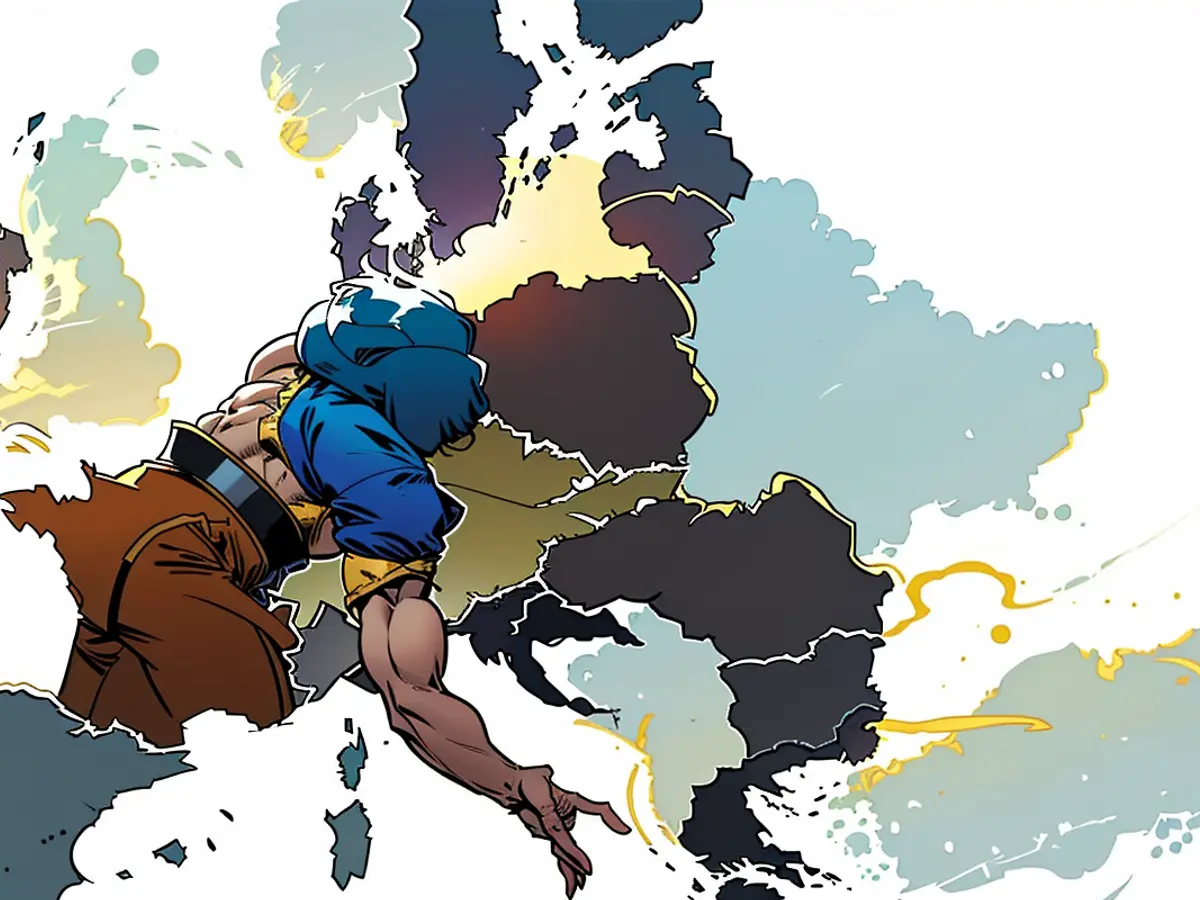All information pertaining to the upcoming local elections.
During the same day as the European ballot box, there are also significant municipal elections happening. In eight out of sixteen federal states, new district councils and mayors are being selected. These elections take place two weeks after Thuringia's first round of voting. In Saxony and Brandenburg, important roles in communities and districts will be determined. Where and when exactly are people allowed to vote?
Simultaneously with the European election, millions of Germans can impact local politics on Sunday by participating in these elections: Across eight federal states, regional assemblies at city, district, and district level are being elected, as well as numerous mayor positions. In Thuringia, for instance, there are runoffs two weeks after the initial municipal vote on May 26th.
The following states have elections: Baden-Württemberg, Brandenburg, Saxony, Hamburg, Mecklenburg-Vorpommern, Rhineland-Palatinate, Saarland, and Saxony-Anhalt.
People are particularly intrigued by Thuringia, Saxony, and Brandenburg due to approaching state elections in the fall - Saxony and Thuringia on September 1st, and Brandenburg on September 22nd.
Following the initial election night projections, the political conversation might switch from European election outcomes to trends and shifts regarding these territories. District council memberships, city council assembly seats, municipal council positions, and council seats are all crucial to political importance.
Rewinding: Saxon Election 2019
The titles of the posts being elected can differ according to the federal state. In Hamburg, for example, district assemblies are chosen. The biggest districts there are larger than some major cities.
Democratic Action on a Large Scale
The size is astounding: In Rhineland-Palatinate, the elections involve filling 24 district councils, 41 city councils, and 2260 municipal councils. In Mecklenburg-Vorpommern, six district councils and 722 municipal councils are being elected, with approximately 1680 polling stations set up.
In Baden-Württemberg, voting is held in 35 districts and approximately 1100 cities and municipalities. The number of volunteers is also tremendous, with about 31,000 citizens and residents in Brandenburg.
In addition to filing local parliaments, mayoral elections are also underway in many places. In Rhineland-Palatinate, more than 2200 municipalities require mayors; in Brandenburg, the state electoral commission reports approximately 271 honorary and eight salaried mayors. In Mecklenburg-Vorpommern, mayors are wanted in about 480 municipalities.
In Rhineland-Palatinate and the Saarland, there are also elections for some district presidents or salaried mayors. In Saxony, salaried mayors are picked in certain areas. Nevertheless, there are no comprehensive district president and mayor elections in any of the federal states, and sometimes none at all.
In Thuringia, the CDU triumphed in the county and city council elections on May 26th with 27.2%, edging out the AfD with 25.8%. Now, runoff elections are held for positions like county councilors. Many AfD candidates are also present. The media is also keeping a close eye on the AfD's performance, as it has been classified by domestic intelligence services in Saxony, Thuringia, and Saxony-Anhalt as a securely extremist party.
These voting procedures are seen as a significant indication of the national mood - as well as the state of local democracy, where many choices with implications on citizens' daily lives are made. There are growing concerns about decreasing engagement in local political offices due to fear.
Warning signs for waning interest in local political positions already exist. For instance, in Rhineland-Palatinate, there was no election proposal for mayor or city mayor in 523 municipalities. This accounts for 23% or approximately a quarter of all vacancies. In such cases, the city council must elected a mayor.
Read also:
- The upcoming local elections in Saxony-Anhalt will take place alongside the European elections.
- In contrast to Saxony-Anhalt, the local elections in Mecklenburg-Western Pomerania involve electing six district councils and 722 municipal councils.
- Apart from participating in the European elections, citizens in Baden-Württemberg have the opportunity to vote in local elections held in 35 districts and approximately 1100 cities and municipalities.
- Similar to Brandenburg, Thuringia is experiencing significant local elections with numerous mayoral positions up for grabs.
- In addition to the local elections in Hamburg, the state of Saarland is also holding elections for some district presidents or salaried mayors.
- Despite the importance of these local elections in promoting democracy and influencing citizens' daily lives, there are growing concerns about decreasing engagement in local political offices, as seen in Rhineland-Palatinate where 523 municipalities had no election proposal for mayor or city mayor.








